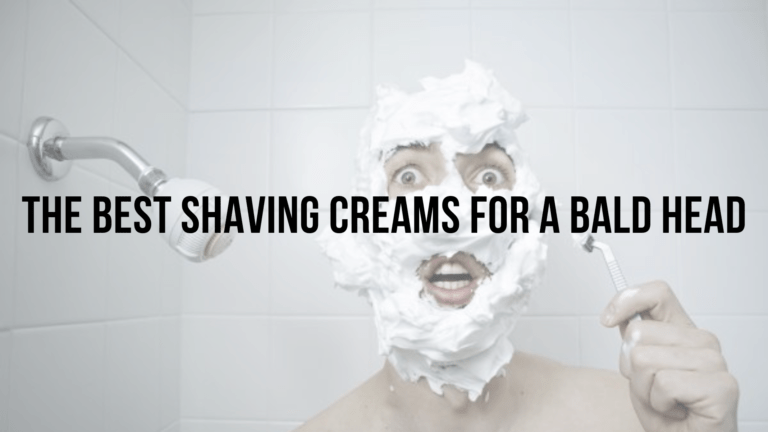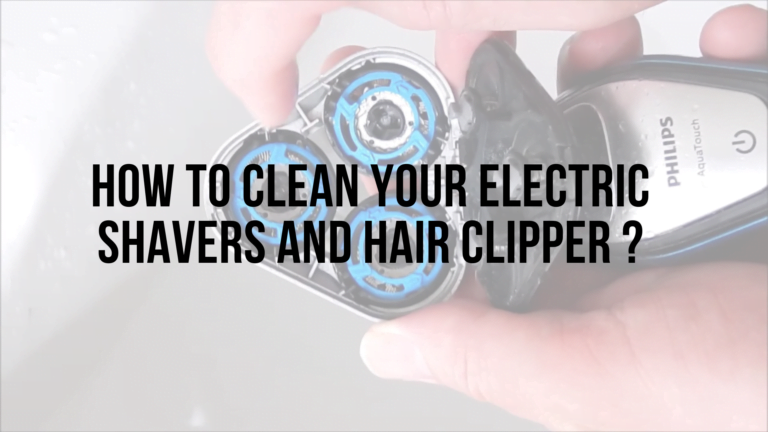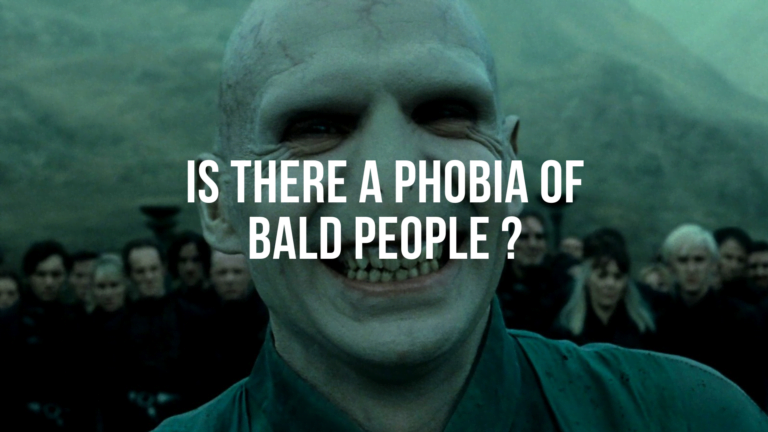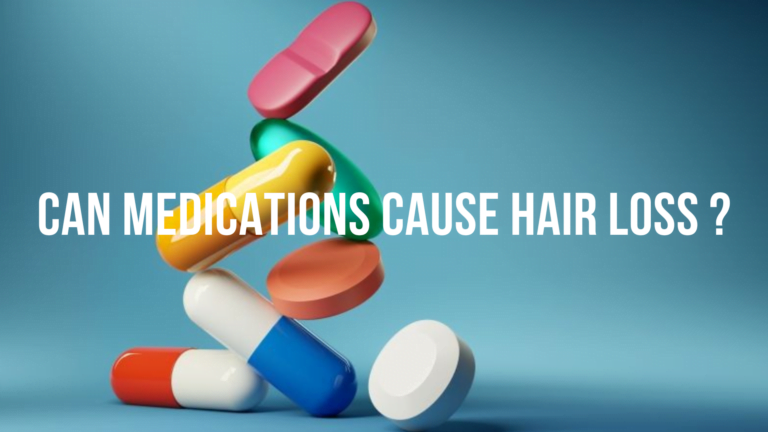The keto diet has become an increasingly popular way to lose weight, but some people on keto report experiencing hair loss. There are a few potential reasons why following a ketogenic diet may lead to hair thinning and shedding:
Protein Deficiency
One of the key macronutrients restricted on the keto diet is protein. While keto is not necessarily a low protein diet, it does require limiting protein intake to moderate levels in order to maintain ketosis. If protein intake drops too low, it can lead to overall nutrient deficiencies that may impact hair health.
Getting adequate high quality protein is important on keto to prevent hair loss. According to research, diets providing less than 60 grams of protein daily tend to increase risk of telogen effluvium, a form of temporary hair shedding [1].
Most keto diet guides recommend at least 0.6 – 0.8 grams of protein per pound of lean body mass. Carefully tracking protein intake and staying within or above this range can help prevent protein-related hair issues [2].
Nutrient Deficiencies
In addition to sufficient protein, getting adequate micronutrients is crucial for hair health on keto. Key vitamins and minerals involved in hair growth include [3]:
- Iron: Required for production of hemoglobin that transports oxygen to hair follicles. Low levels may cause anemia and hair shedding.
- Zinc: Plays a role in hair tissue growth and repair. Deficiency can lead to hair loss.
- Biotin: Helps produce keratin, the main structural protein in hair. Inadequate biotin can cause brittle hair.
- Vitamin D: Thought to help regulate the hair growth cycle. Low levels may be linked to alopecia areata.
Since the keto diet eliminates many foods rich in micronutrients like fruits, starchy vegetables, and grains, it increases risk of nutrient deficiencies if vegetable intake is not emphasized.
Carefully tracking micronutrients and supplementing when needed can prevent hair loss from nutritional inadequacies on keto.
Rapid Weight Loss
Losing weight very quickly on keto may also contribute to temporary hair shedding, known as telogen effluvium [4]. This type of hair loss is related to the hair growth cycle.
Essentially hair sheds after going through a rest phase, and significant stressors like major weight loss can cause more hairs than normal to enter the rest phase and shed excessively.
However, telogen effluvium from rapid weight loss is temporary. Hair growth typically recovers within 6 months as long as adequate calories and nutrients are consumed to prevent continued stresses on the body [5].
Those experiencing hair shedding due to rapid weight loss can minimize hair thinning by ensuring sufficient protein, calories, vitamins and minerals.
Ketosis and Hormones
There is some speculation that the ketogenic state itself may impact hormones involved in hair growth. Some research indicates ketosis can alter levels of thyroid, sex, and stress hormones like cortisol, which play a role in the hair cycle [6].
However, current evidence on ketosis and hair loss is limited. More research is needed to understand potential hormonal mechanisms. For now, there are no conclusive links between ketosis itself and increased hair shedding.
Tips to Minimize Hair Loss on Keto
While keto diets can increase risk of hair loss in some individuals, there are steps you can take to minimize hair thinning and shedding:
- Eat adequate protein – Get at least 0.6g per pound of lean body mass to prevent protein deficiency. Include protein at each meal.
- Emphasize micronutrient-rich foods – Eat plenty of leafy greens, avocado, nuts, seeds, fatty fish. Consider tracking to ensure adequate vitamins/minerals.
- Supplement if needed – Supplement with biotin, iron, zinc if deficient. Multivitamin can help fill gaps.
- Prevent rapid weight loss – Aim for steady, sustainable weight loss of about 0.5-2 lbs per week. Too rapid weight loss stresses the body.
- Care for your hair – Use gentle hair products, don’t overstyle, and handle hair gently when brushing. Reduce stressors on hair.
- Be patient – If experiencing temporary shedding from rapid weight loss or nutritional issues, hair will likely recover over time once diet is balanced.
While keto may increase hair loss risk for some, paying close attention to protein intake, micronutrients, and prevent rapid weight loss can help minimize hair thinning and shedding on the ketogenic diet.
Being aware of potential causes and taking proactive steps allows most to follow keto without significant hair issues.
How to Stop Keto Hair Loss with Diet and Supplements
Losing those beautiful locks while trying to lose weight can be alarming. But hair loss on the ketogenic diet may not be permanent. Here are some diet and supplement tips to stop keto hair loss:
Up Your Protein
Hair is made mostly of protein, so inadequate protein intake can starve your hair. Make sure to consume around 0.6-0.8 g of protein per pound of lean body mass on keto [7]. Include a protein source at each meal, like eggs, meat, fish, Greek yogurt, and cottage cheese.
Eat More Biotin-Rich Foods
Biotin is crucial for keratin production – the key structural protein in hair [8]. Great keto-friendly sources include egg yolks, sardines, almonds, avocado, raspberries, and cooked liver.
Load Up on Iron
Iron carries oxygen to follicles, needed for growth [9]. Boost your iron intake by enjoying more spinach, grass-fed beef, pumpkin seeds, spirulina, and clams while on keto. Pair with vitamin C foods to enhance iron absorption.
Increase Zinc-Rich Foods
Zinc is involved in hair tissue generation [10]. Pump up zinc by feasting on oysters, beef, pumpkin seeds, yogurt, and mushrooms on your keto journey.
Take a Multivitamin
A multivitamin provides an easy nutrition insurance policy while transitioning to keto. Look for one containing key hair health vitamins like zinc, biotin, vitamin C, and iron.
Consider a Biotin Supplement
Studies show biotin supplements thicken hair over time [11]. Aim for 2.5-5mg of biotin per day. Check with your doctor first, especially if on medications, as biotin can interfere with some lab test results.
Try Collagen Peptides
Collagen provides the building blocks for keratin. Supplementing with collagen peptides may support hair growth by improving keratin infrastructure [12]. Look for hydrolyzed collagen that mixes easily into coffee, smoothies, or baked goods.
Reduce Stress
High cortisol from chronic stress disrupts hair growth cycles [13]. Lower stress with yoga, meditation, or mindfulness practices. Get plenty of sleep and physical activity.
With a few simple diet modifications and supplements, you can nourish your hair from roots to ends while following the ketogenic diet. Pay attention to any excessive shedding, and consult your doctor or dermatologist if hair loss persists despite adequate nutrition. With a little TLC for your tresses, you’ll be rocking gorgeous, full locks along with your keto success.
6 Common Keto Side Effects and How to Troubleshoot Them
The high-fat, low-carb ketogenic diet can produce rapid weight loss, but may also come with side effects. Here’s what to know and how to troubleshoot common keto issues:
Keto Flu
What is it? Headaches, fatigue, irritability, nausea and constipation as the body adapts to ketosis. Caused by fluid shifts and sodium/magnesium depletion [14].
How to troubleshoot:
- Stay hydrated with electrolytes
- Get enough sodium, magnesium and potassium
- Wait it out – usually resolves within 1-2 weeks
Digestive issues
What is it? Diarrhea, constipation, or stomach pain from high fat intake, low fiber, sugar alcohols. Stress from rapid diet change [15].
How to troubleshoot:
- Increase fiber with low-carb vegetables
- Drink more fluids
- Limit sugar alcohols
- Try digestive enzymes or probiotics
Bad breath
What is it? Acetone scent from ketone buildup. Dehydration reducing saliva.
How to troubleshoot: [16]
- Drink more water
- Use sugar-free gum or lozenges
- Brush and floss regularly
- Try chlorophyll, mint or cinnamon
Reduced exercise performance
What is it? As the body adapts to ketosis, less glycogen is available for intense exercise [17].
How to troubleshoot:
- Time high intensity activities before full keto adaptation
- Consume carbs around workouts
- Favor lower intensity aerobic exercise
- Stay hydrated and replenish electrolytes
Insomnia
What is it? Energy level fluctuations, dehydration, magnesium depletion. Stress from dietary change.
How to troubleshoot: [18]
- Avoid caffeine late in day
- Wind down before bedtime
- Take magnesium supplement
- Stay hydrated
- Wait for adaptation period to resolve
Hair loss
What is it? Rapid weight loss, nutrient deficiencies, hormone shifts temporarily affecting hair growth cycle [19].
How to troubleshoot:
- Eat adequate protein
- Supplement key nutrients like iron
- Eat plenty of biotin-rich foods
- Support hair and scalp health
- Adopt gentler hair care routine
While side effects may occur when transitioning to keto, most diminish over time as your body adapts. Staying hydrated, getting electrolytes, and making nutrient-dense choices can help minimize temporary issues. Be patient through the initial adaptation phase to fully reap keto benefits.
{stop article}
🗒️ Answer
- There are a few potential reasons why the keto diet may cause hair loss for some people:
- Protein deficiency – Getting adequate high quality protein is important on keto to support hair health and prevent excessive shedding. Keto dieters should aim for at least 0.6-0.8 grams of protein per pound of lean body mass [1].
- Nutrient deficiencies – Ensuring adequate intake of iron, zinc, biotin and other hair-supporting micronutrients through diet and supplements can help prevent hair loss related to nutritional inadequacies [2].
- Rapid weight loss – Losing weight quickly can sometimes cause temporary excessive shedding. Aim for steady weight loss instead of dramatic drops to avoid major stress to the body [3].
- To reduce hair loss on keto, focus on getting enough protein, vitamins and minerals through diet and supplements. Be patient, as hair typically recovers once the body adapts to the dietary change and is no longer stressed [4].






